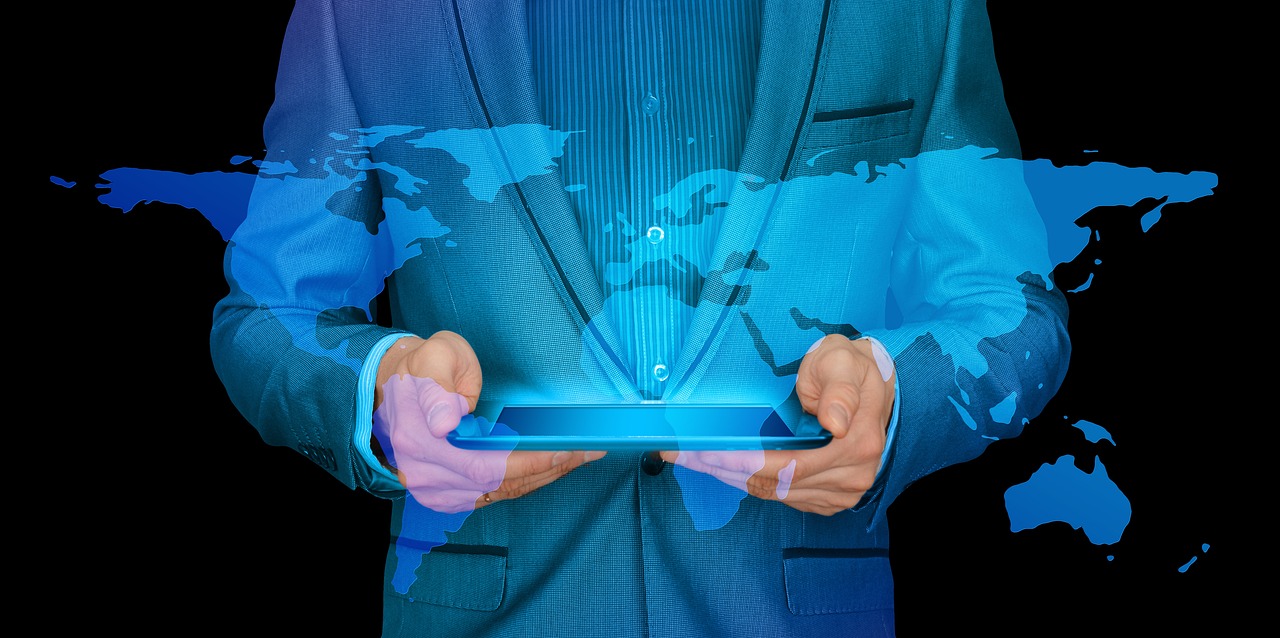Earlier this year, we added “Globalisation 2.0” to our list of megatrends – trends that are virtually set in stone and so all-encompassing that they will have a profound effect on financial markets in the years to come. In the paper, published in May (which you can find here if you subscribe to ARP+), I observed that “the last time globalisation went into reverse in a major way was during the Great Depression in the 1930s. The most important lesson learned from that episode was that self-isolation harms everybody. Nobody wins.”
Q3 2022 hedge fund letters, conferences and more
Globalisation 1.0, which started in earnest in the early 1980s with Ronal Reagan and Margaret Thatcher, brought enormous wealth to many countries. Globalisation had a profound effect on inflation. As it gradually faded away, borrowing became cheaper and cheaper – in fact almost costless. Consumers responded by going on a shopping spree unlike anything we have ever seen before.
Now fast forward to late 2022 and to Globalisation 2.0. Russia’s invasion of Ukraine continues to cause mayhem at many different levels – not least amongst the poor people of Ukraine. In our part of the world, the cost of money has skyrocketed in a few, short months. Many can’t afford to heat their homes this winter and Christmas, less than three weeks away now, is destined to be a less glamorous affair this year.
Far more important than that, though, is the effect Putin and his warmongering has had on the global power equilibrium. Putin probably expected a relatively weak response from the West, and that encouraged him to go, all guns blazing, after Ukraine, expecting that Kyiv could be taken in days and the entire country in weeks. That was a serious misjudgement. The reality is that Putin’s military actions have brought the West closer together; that we have taken the view that, if Russia succeeds with the annexation of Ukraine, it is only a question of time before they go for the next country.
So far so good, but Putin’s actions have had another effect as well, and that is where Globalisation 2.0 enters the frame. Barred from dealing with the West, Putin’s regime has offered oil, gas and other important commodities at steep discounts to countries which can hardly afford to say no, i.e., he is buying friendships in a way that (in my opinion) is immoral, but it works. New trading patterns emerge, and new alliances are being created.
Going back to my earlier quote, nobody wins when international trade goes into reverse. Having said that, in many parts of the world, there is a belief that every EM country will be better off in a world not controlled by the richest countries, and that view is essentially the key reason why all these new alliances are being created. Although I fully understand the desire to reduce the reliance on the West, it will come at a price, and that price is slower economic growth.
Many EM countries have benefitted quite spectacularly from European and/or American companies moving production to their country. Two factors may now reverse that trend – the emergence of advanced robotics and the new alliances I have just mentioned. The countries hosting all these companies cannot do much about technological developments, but they can certainly do one or two things that will make the western companies think twice before they move the factory back home.
And that is why Globalisation 2.0 is very much about geopolitics, and why Putin’s war in Ukraine, once and for all, has changed the global political landscape, including how we do business with each other. From an investment point-of-view, the good news is that investors are cynical creatures. As long as companies make money, investors will line up, war or no war. Therefore, the ‘only’ challenge for investors will be to figure out if Globalisation 2.0 will produce a different set of winners than Globalisation 1.0 did.
Niels C. Jensen
5 December 2022
Article by Absolute Return Partners.

